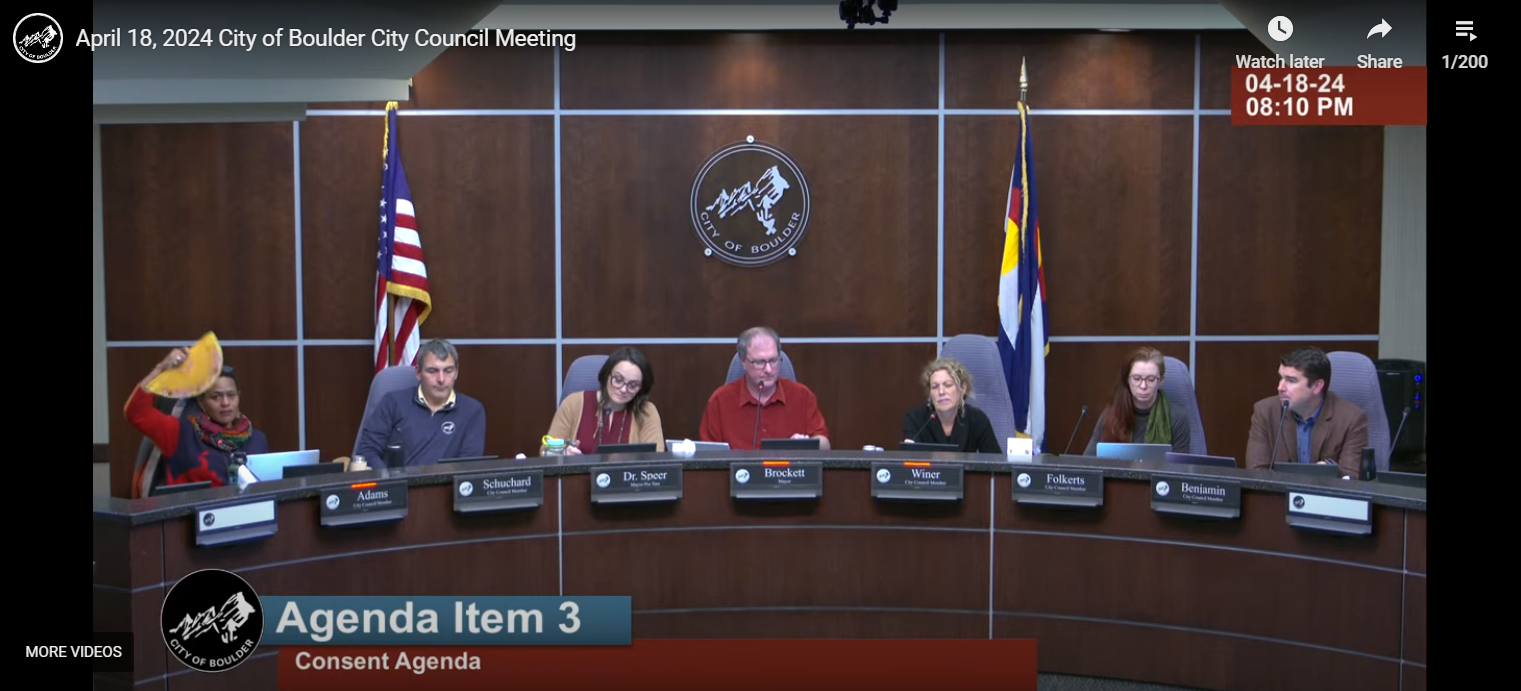
They were sentenced to life in prison without parole when they were juveniles. But a Colorado Supreme Court ruling reaffirms some of them are eligible for much shorter sentences.
Curtis Brooks, now 38, is one of them. He was convicted of first-degree murder, even though he didn't actually kill anyone.
Brooks had been kicked out of the house by his mother. She was using drugs and by many accounts was neglectful. Brooks started talking to three boys. At some point at an arcade in an Aurora mall, they hatched a plan to steal a car.
They left the mall and went over across the street, where 24-year old Christopher Ramos was walking away from an ATM at a bank.
Brooks and his group confronted him. One of them shot Ramos in the head.
Bruce Grode was a juror in a Brooks’ trial. From the beginning, Grode said the jury understood that only one of the four boys fired the gun that killed Ramos.
“They weren't saying that Curtis Brooks had fired the shot,” Grode said.
Still, the prosecution explained Brooks should be found guilty of felony murder.
In many parts of the country, people can be convicted of murder for any killing that happens while they're in the process of committing another serious crime. In this case, armed robbery. They’re called felony murder laws.
But over the past few decades, some states have decided to abolish felony murder laws. In those states, someone like Brooks wouldn't be charged with murder. Studies have found felony murder laws disproportionately affect juveniles. It's estimated about one in five juveniles sentenced to life without parole were felony murder cases.
The jury deliberated for a day and found Brooks guilty. But the jury then learned information before the sentencing they hadn't known before, Grode said. Brooks had no prior criminal record, while the other three had length rap sheets and were in the process of a crime spree.
Grode asked the judge if Brooks’ cleaner record would affect his sentencing hearing.
“And maybe the judge had said something earlier, in the very beginning of the trial. I certainly don’t remember it. But the judge says ‘Oh no, this is a felony first-degree murder trial. The fact that you found him guilty conviction makes him automatically committed to life in prison with no possibility of parole,’” Grode said.
Grode was shocked.
“I could hear several of the other jurors in the room gasp,” he said.
But prosecutors did offer a plea deal to one of the boys who took part, but like Brooks, didn't shoot Ramos. That other boy is white and now out of prison. A third boy who was 13 and also white was too young for adult court and went through juvenile court. He's also out of prison.
Brooks and the shooter, who are both black, are the only ones who remain behind bars.
“I come from a very conservative-type family. I really grew up with, ‘If you do the crime, you’re going to do the time. Now after this trial, I really realize there's so much more in play,” Grode said.
Since Brooks' trial in the late 1990s, there have been several rulings in the U.S. Supreme Court that affect inmates who got life without parole sentences when they were juveniles.
Justices point to research that finds children's brains aren't fully developed, so they shouldn't be treated the same as adults. A big change came in 2012 when the Supreme Court ruled that automatic life without parole sentences for juveniles are unconstitutional. Then in 2016, it went further, and made the decision retroactive.
States had to go back and revisit those sentences. In Colorado, it applied to about 48 juvenile offenders who had expected to spend their lives in prison. One, of course, is Curtis Brooks.
The Colorado legislature passed a bill saying most juvenile offenders would get new sentences of 40 years to life. Those convicted of felony murder, like Brooks, would be eligible for even shorter sentences
But the bill was then challenged as unconstitutional, because prosecutors said it showed preferential treatment to a certain group.
A couple of weeks ago, the Colorado Supreme Court ruled in favor of the legislation, affirming those who were convicted of felony murder when they were children were eligible under the less-restrictive sentencing guidelines. In Colorado, there are about 16 inmates including Brooks who fall into this category.
Soon, Brooks and his attorneys are expected to head back to court to request a 30-year sentence with time off for good behavior. Brooks has already been incarcerated for over 20 years, so if a judge agrees to the new 30-year sentence and gives time off for good behavior, it's possible he could be released as early as next year.
The judge will consider how Brooks was young when the murder took place, and how he had no prior criminal record. Also on the table will be some behavioral issues Brooks had when he was first locked up at 15 years old in an adult prison, which resulted in solitary confinement.
That punishment changed Brooks. He said his perspective changed when he started reading a lot in solitary confinement.
“I got into philosophy at that time and once I did that, it became a thing where I hungered for that knowledge and I spent my days just learning,” Brooks said.
Brooks also studied several languages, learned math and received his GED. He’s been taking college classes from prison. By all accounts, Brooks’ behavior has been very good. He even lives in what's called an incentive unit now, an area for inmates who show good behavior.
Brooks had accepted that he could spend his entire life in prison, but he still hopes to be released soon. The only thing that scares him is that on the outside, he could forget the crime he committed and become complacent.
“And that's why I try to make sure I put myself mentally in the place that I will never forget the circumstances that brought me hear or the impact it had on Christopher Ramos and his family,” Brooks said.
The District Attorney's office in Arapahoe County said the Ramos family is not in favor of a lighter sentence. Other victims' families have expressed worry and anger that the perpetrators could one day be released.
Defense attorneys have also petitioned Gov. John Hickenlooper for clemency in some of these cases, including for Brooks.
It's still not at all clear when Brooks will be released. Other legal roadblocks could come up. But it seems increasingly likely that he will one day get out of prison despite what he did as a teenager.
Reentry isn’t easy for any prisoner, never mind one who’s been behind bars for a long time, and especially imprisoned when they were still young.
“It's a lot, right? I mean the world has changed. 20 years ago, there weren't cell phones. If you just think about little things, like a credit card to pay for gas,” Brooks’ defense attorney Ashley Ratliff said.
But Brooks has a strong support system in Maryland where he used to live when he was a young boy, Ratliff said. That includes a state senator there and a group that has formed to support his education and help him when he gets out.
“It's going to be a very big difference from inside to outside. I've seen some of that in a couple of clients who have been released after long periods of time,” Ratliff said. “But Curtis has really handled himself in so many remarkable ways and I know he'll say ‘I'm up for the challenge, I'm ready.’ And I think he is."









